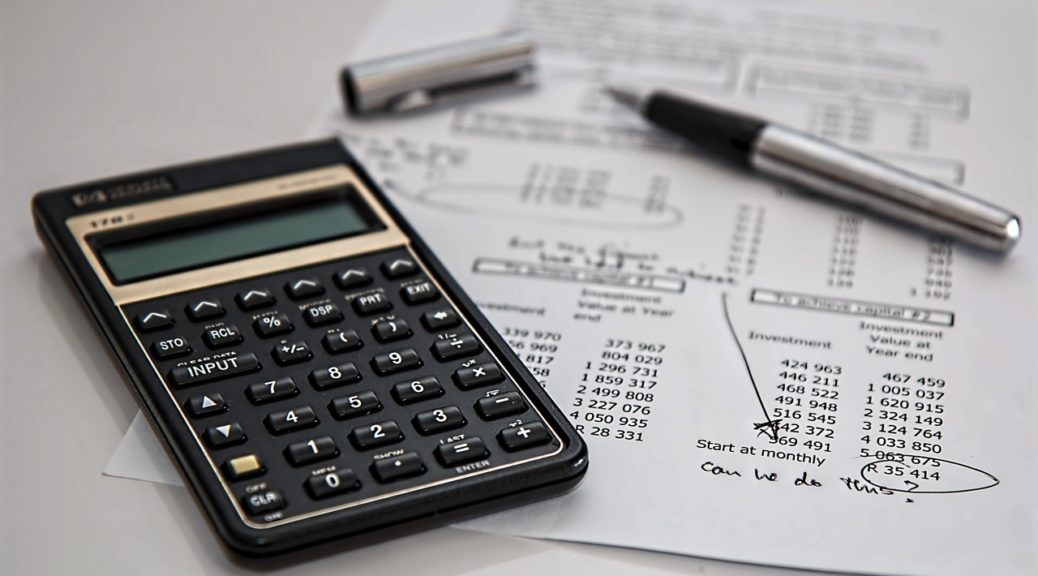This year is almost over.
In fact, by the time you read this blog, 2018 may have already arrived. Christmas has passed, the New Year’s parties have ended, school has reopened and regular life has returned.
Ho hum…
Well, I hope you had a safe and enjoyable holiday.
But, now that the New Year has arrived, I am going to bring up a topic you need to consider and now: Taxes. Yes, taxes. Tax season has just begun for small businesses and you can do something you may have never done before as a small business owner or an employee who works the accounting department: you can get ahead of the game.
Helping you and your small business be smart and successful in your bookkeeping and accounting is one of my own accounting firm goals. So, here are Ten Tax Preparation Things Your Small Business Can Do Now:
- Create a checklist of what you need: This checklist can be shared, such as on Google Documents, among you and your employees. It is a good way to keep updated on each item. (An excellent tax preparation checklist can be found at H. R. Block.)
- Find last year’s tax return: This will help you with deductions and other facts. Some businesses have the same deductions each year. It is also a legal document that may help you stay accurate for this year’s return.
- Balance Sheet: Your IRS tax return is based on income and expenses. It is that simple. So, you will need a balance sheet showing gross receipts, expenses and assets. It is an excellent one-glance document summarizing your past year.
- Asset purchases: Your business equipment can be included in your return. Some assets may written off using depreciation deductions for a number of years. For instance, if your company purchased new laptops, printers and cell phones for employees, they can be added on your tax return. Use receipts for each purchase and have them available for your accountant.
- Payroll Records: Payroll is, for most businesses, the largest tax deduction of all. All full-time, part-time employees, temporary employees and subcontractors’ pay should be included.
- Asset Dispositions: If your small business sold any depreciable assets, you will need to calculate gainsor losses on the sales. You will need a description of the asset, sale date, asset price, sale expenses and accumulated depreciation.
- Business vehicle(s): This may be a crucial deduction as most small businesses have fleet and/or service vehicles. You will need to get the total miles driven for business and commuting miles. (Personal mileage is not allowed to be deducted.)
- Credit card statements: Many small business owners use a company credit card to purchase gas, lodging, office supplies, business meals and other pertinent business purchases. The entire statement of the year’s credit card purchases need to be submitted. (Make sure that if any personal purchases were made with that card that they are marked as “personal” and not included in the business tax return.
This is a great start! In fact, if you get these all compiled and sent to your accountant, you may be able to file your federal tax return early and know how much you owe. (You may have to pay in installments, but at least you will know how much you owe and can budget it.)
It seems too early, to many small business owners, to be tackling their tax records and preparation in January. Yet, most owners will tell you that getting their tax preparation done now is a relief. Then, they can get on with running their business.
A.K. Burton, PC, which serves the Washington,D.C. and Bethesda, Md area, has experienced and licensed small business tax advisers on staff. If you need more advice on business and individual tax planning, contact us at (301) 365-1974 for more information or email us at info@cpa-maryland.com.

